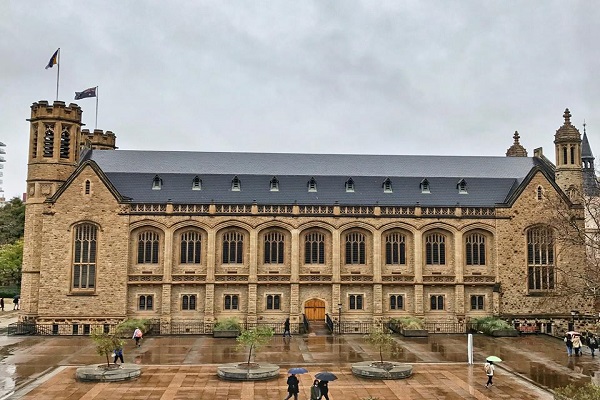University of Adelaide to use 3D printed catheter to improve detection of cardiovascular diseases
Led by Dr Jiawen Li, from the School of Electrical and Electronic Engineering, the project will receive a $905,058 grant to test and commercialise the device, filling an unmet need in cardiology to reliably detect high-risk plaques before they are life-threatening.
“This project will deliver the first-in-human study and commercialisation of our novel hybrid 3D-printed imaging catheter,” Dr Li said.
“This novel device is likely to enable accurate detection of high-risk plaques and prevent heart attacks from recurring.
“This high-tech device is ideal for manufacturing in Australia and has great export potential.”
More than 20 million patients worldwide experience acute coronary syndromes (ACS) each year.
Approximately 35 per cent of these people will die from it within a year with the annual costs attributed to acute coronary syndromes (ACS), including heart attacks, in Australia estimated to $4.8 billion.
“To improve clinical outcomes, we need to assess atherosclerotic plaques in high detail to detect the high-risk plaques that will cause ACS and sudden cardiac death,” Dr Li said.
“Existing diagnostic technologies suffer from low predictive values due to their intrinsic limitation of spatial resolution or lack of molecular contrast.
“This results in under treatment of high-risk plaques, and more than 20 per cent of patients who have experienced ACS will be readmitted to the hospital within a year.”
“This project will deliver the first-in-human study and commercialisation of our novel hybrid 3D-printed imaging catheter.”
Dr Jiawen Li
Dr Li thanked the University of Adelaide’s Innovation and Commercialisation Services team for helping to translate the novel technology into a product that will benefit patients with cardiovascular disease, along with private investment firm OTB Ventures, which is supporting the trials.
Professor Anton Middelberg, Deputy Vice-Chancellor (Research), the University of Adelaide, said this was an exciting project that fostered collaboration among talented researchers.
“It is excellent to see the success of bringing a cross-disciplinary team in biomedical engineering and medical sciences in building the next generation imaging catheter for reducing cardiovascular disease risk,” Professor Middelberg said.
The rest of the Chief Investigator team for this NHMRC grant are Associate Professor Peter Psaltis (University of Adelaide, Medical Specialties), Professor Stephen Nicholls (Monash University), Professor Robert Fitridge (University of Adelaide, Surgical Specialties) and Professor Robert McLaughlin (University of Adelaide, Medical Sciences).

